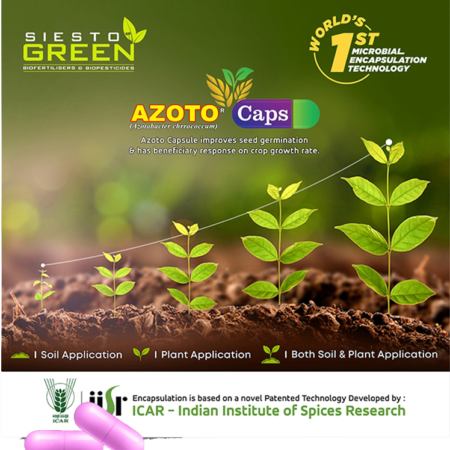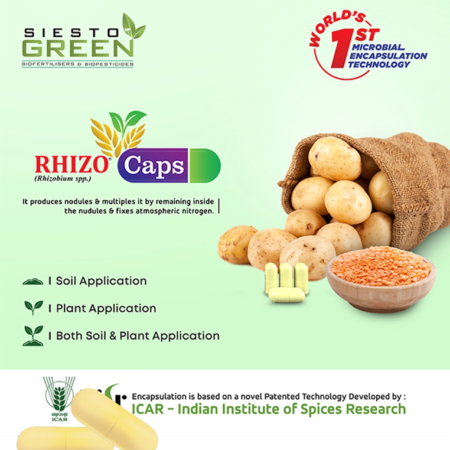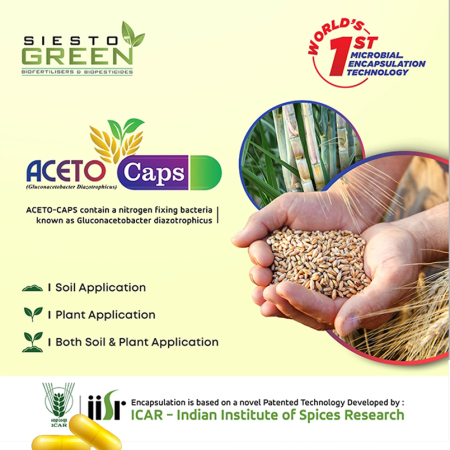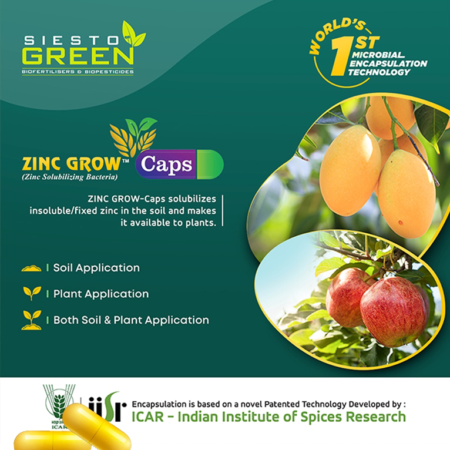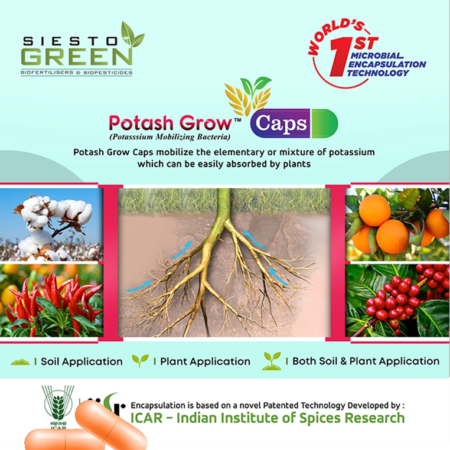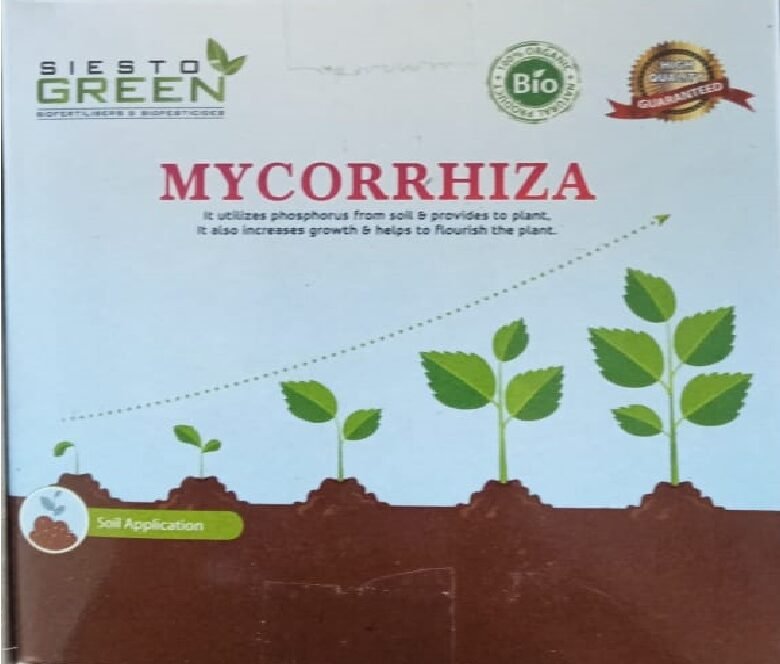Nitrogen Fixing Bacteria
Nitrogen-fixing bacteria are a group of microorganisms that play a crucial role in the nitrogen cycle, a fundamental process in the ecosystem. They have the unique ability to convert atmospheric nitrogen (N2) into ammonia (NH3) or other nitrogen compounds that can be used by plants and other organisms. This process is called nitrogen fixation and is essential for making nitrogen available in a form that can be utilized by living organisms.
Solubilization Bacteria
Solubilization by bacteria refers to the ability of certain bacteria to make insoluble compounds or substances soluble. This can have various applications in biotechnology, agriculture, and environmental science.
Mobilization Bacteria
In microbiology and biotechnology, mobilization refers to the process by which bacteria transfer genetic material, such as plasmids or other DNA fragments, from one bacterium to another.
Oxidizing Bacteria
Oxidizing bacteria are a type of microorganisms that play a crucial role in various natural processes, particularly in the cycling of elements and the degradation of organic matter. These bacteria are characterized by their ability to use molecular oxygen (O2) as an electron acceptor during metabolic processes. This means they can facilitate the oxidation of various compounds by transferring electrons to oxygen molecules.
NPK
NPK (Nitrogen, Phosphorus, and Potassium) are three essential nutrients that plants need to grow and thrive. These nutrients play critical roles in various aspects of plant development
Root Enhancer
A root enhancer is a type of product or substance used in gardening and agriculture to promote the growth and development of plant roots. The primary purpose of a root enhancer is to improve the root system of plants, which in turn can lead to healthier and more productive plants.



